 Courtesy: Shutterstock
Courtesy: Shutterstock
The world is experiencing two simultaneous transformations: a decoupling from China and the building of an alternate supply chain, and the creation of new, cutting-edge industrial process called digital manufacturing. It is part of the larger wave of Industry 4.0, an integration of industrial processes with the Internet of Things. India already has some of the key elements in place, and some successes to build on.
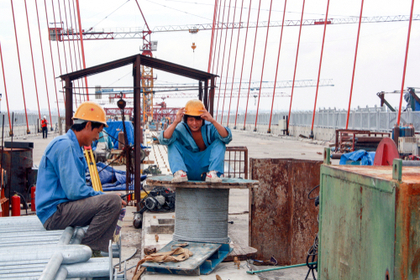 Courtesy: Shutterstock
Courtesy: Shutterstock
China is the center of the universe and it's enjoying the attention - as also misusing it. Its rise changed geopolitics and trade starting two decades ago. And now in 2020, its rise is changing geopolitics and trade again. Dexter Roberts is the author of a new book The Myth of Chinese Capitalism, The Worker, the Factory, and the Future of the World. As the BusinessWeek and Bloomberg-BusinessWeek bureau chief in Beijing, Roberts has seen China first hand.
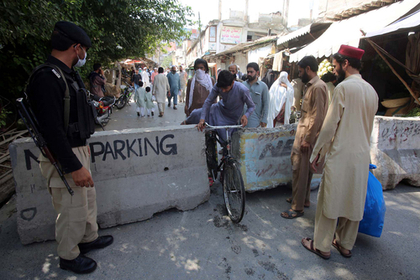 Courtesy: Shutterstock
Courtesy: Shutterstock
Pakistan is suffering from a gravely mismanaged COVID-19 crisis and is under pressure from China to fulfil its commitments to the CPEC. Using COVID-19 as a cover, Pakistan is able to continue shirking its global responsibilities especially on containing terrorism. What does this mean for India, and for Pakistan’s own future?
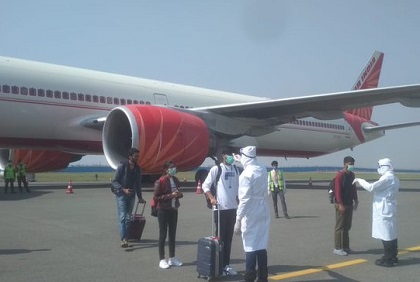 Courtesy: Twitter/MEA
Courtesy: Twitter/MEA
The Indian government, has, under challenging circumstances, evacuated, all through March 2020, nearly 3,000 Indian citizens, stranded in the hotspots of the coronavirus epidemic. These rescue operations, which have been performed adeptly since 1990, are a mark of a developed-country mindset with confidence-inspiring governance structures
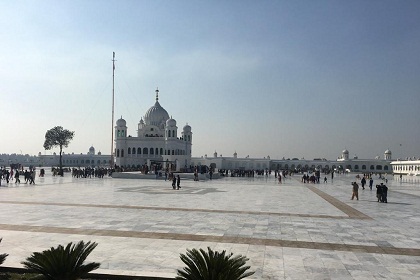 Courtesy: Gateway House
Courtesy: Gateway House
Kartarpur is an exemplary achievement of bilateral discussion over two decades. For the faithful, it is an emotional reconnection with the life of Guru Nanak, now made into a grand memorial. For others, on both sides of the border, it is a neutral place where they can renew contact with long-lost relatives. The author, who visited Kartarpur a month after its inauguration, was witness to the joy and aura of collective worship
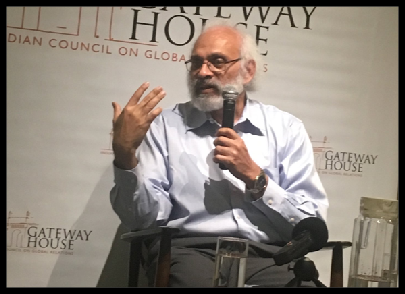 Courtesy: Gateway House
Courtesy: Gateway House
He was a sharp, innovative economist who combined empathy and an understanding of India’s ground realities with memorable modesty. In his passing is the loss of a deep talent
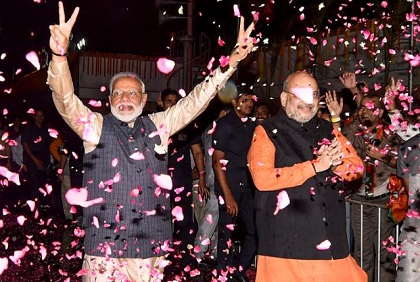 Courtesy: India Today
Courtesy: India Today
The Bharatiya Janata Party, led by Prime Minister Narendra Modi, has been returned to power for another five years, till 2024. In the run-up to the national elections, the author travelled to Bengal and Uttar Pradesh, two of India’s most important states, to gauge the mood of the electorate, and to assess the economic and political conditions on the ground since the last election in 2014. She found a new generation with big dreams, and a population whose basic needs were being met. Economic citizenry has trumped identity politics. Modi is the leitmotif for this India, and they look to him to lead them into a middle class future.
 Courtesy: Ashish Sanyal
Courtesy: Ashish Sanyal
She was a daughter of India, one who wanted to serve the country by entering politics. Her bold move to quit her job as a professional banker inspired other regular citizens to join public life
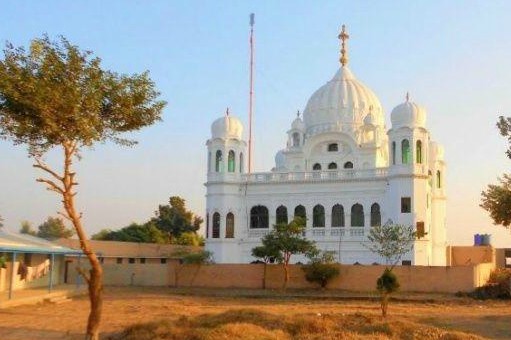 Courtesy: India Times
Courtesy: India Times
The recent opening of the Kartarpur corridor in Punjab and the release of a Canadian parliamentary report on the security breach during Prime Minister Justin Trudeau’s India visit are important developments. They present a good opportunity for New Delhi to step up cooperation with Ottawa on countering terrorism and violent extremism
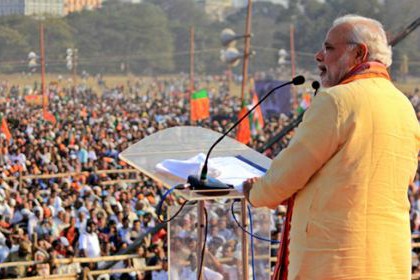 Courtesy: Rediffmail
Courtesy: Rediffmail
Academic and columnist M.D. Nalapat, in this interview with Manjeet Kripalani, speaks of how a tardy bureaucracy has brought about “a too-cautious” policy towards the U.S. and China as opposed to the former Gujarat chief minister’s greater openness in consulting people before handing over policy implementation to the bureaucracy. He also discusses the prime minister’s shrewd approach to South Asia, the dependable warmth of the Japanese and a range of other topics












